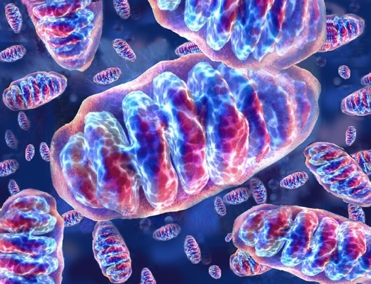Mitochondrial biology in reproduction
University of L'Aquila, 10 th May- 7 th June 2019

Instructor: Dr. Giovanna Di Emidio
Course of Content and Objectives
Reproduction allows a species to maintain existence and allows evolution to shape life over generations.
Mitochondrial biology profoundly influences germ cell competence, embryonic development and reproductive success.
Mitochondrial dysfunctions play an important role in ovarian ageing and metabolic stress with devastating reproductive consequences.
As growing evidence suggests that embryo potential could be related to the ability of oocyte mitochondria to generate energy, efforts have been made to investigate the possibility of improving mitochondria! capacity in women with poor outcomes after treatment with assisted reproductive technologies.
Thus far, therapeutic attempts have focused mainly on using nutrients to restore mitochondrial function and transferring mitochondria from autologous germline precursor cells. Moreover, new perspectives on optimizing infertility treatments have arisen with modern mitochondria! replacement therapies, which are being applied in women with mitochondrial disease-causing mutations.
Current and emerging clinical implications are discussed.

Rep-Eat
H2020-MSCA-COFUND-2015
University of Teramo - Via Renato Balzarini 1
64100 - Teramo (TE) - Italy

REP_EAT MSCA Co-funding of regional, national and international programmes (COFUND) HORIZON 2020” – Grant Agreement N. 713714.CUP: C47B16000360007

 Mitochondrial biology in reproduction
Mitochondrial biology in reproduction

